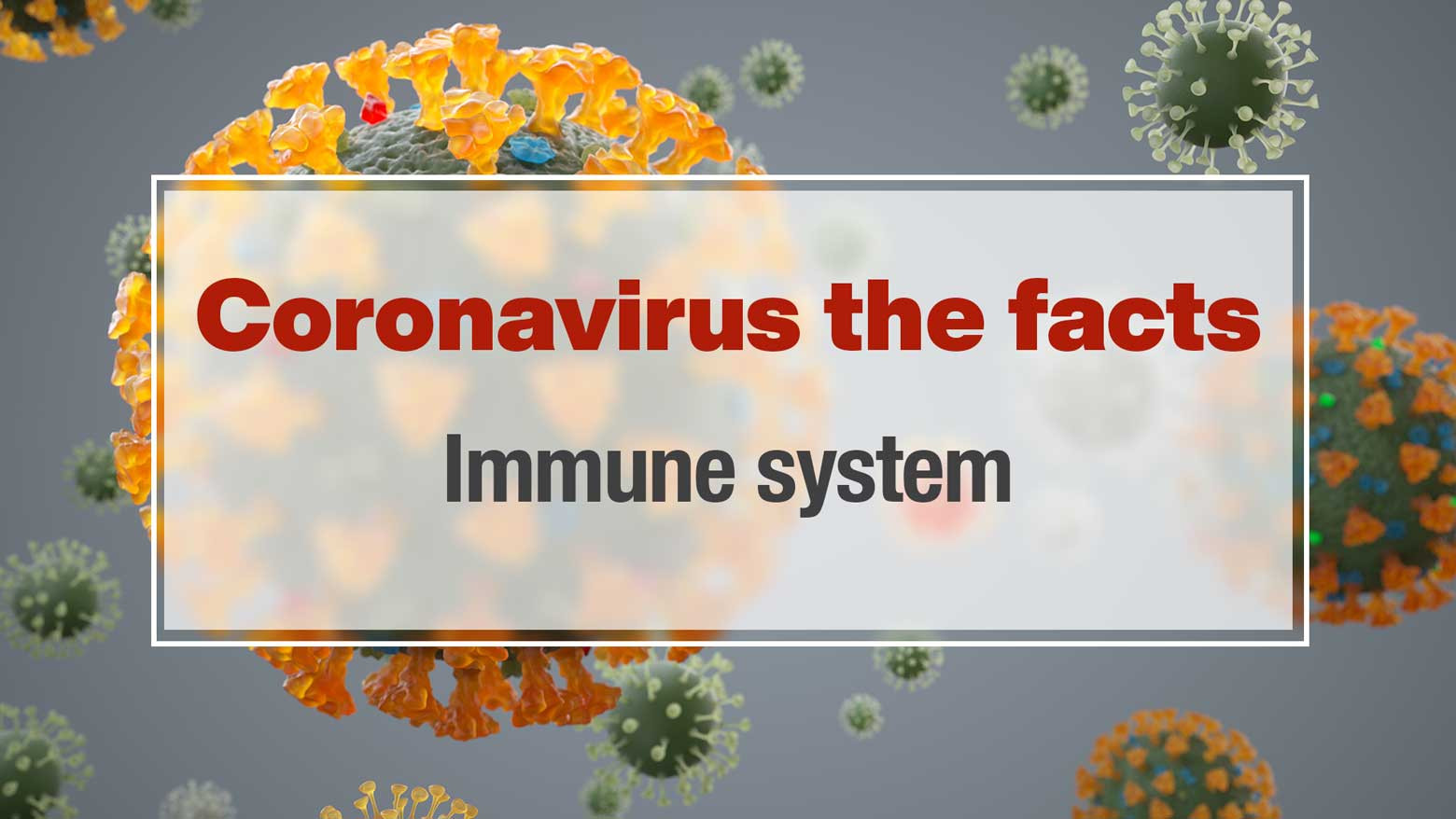This is part 28 of our coronavirus FAQ. Click here to read other installments: #Coronavirus the facts. Find the latest information and answers from experts on everything COVID-19.
How does the immune system work?
The immune system defends our bodies by detecting, attacking, and removing viruses, bacteria and other foreign organisms.
White blood immune cells fight viral infections by producing large amounts of protein antibodies. These antibodies hinder the virus as it attempts to multiply inside our bodies. This function is crucial in preventing us from getting sick.
However, this response doesn't always work. When an unknown virus, such as the new coronavirus, enters our bodies, our immune systems need time to start working. This delay prevents the white blood cells from producing antibodies quickly enough to stop the spread of the virus. This is how we get sick.
Fortunately, our immune systems have other mechanisms to protect our bodies. White blood cells aren't the only immune cells in our blood. We have other cells that can help prevent the spread of the virus or speed up our recoveries.
A balanced diet and sleep help our immune cells do their jobs.
Professor Motohashi Shinichiro, an immunology expert at Chiba University Graduate School of Medicine, says eating well and getting plenty of sleep strengthens our immune cells. He says healthy habits like these are essential to keeping our immune systems humming.
This information is accurate as of June 24, 2020.
